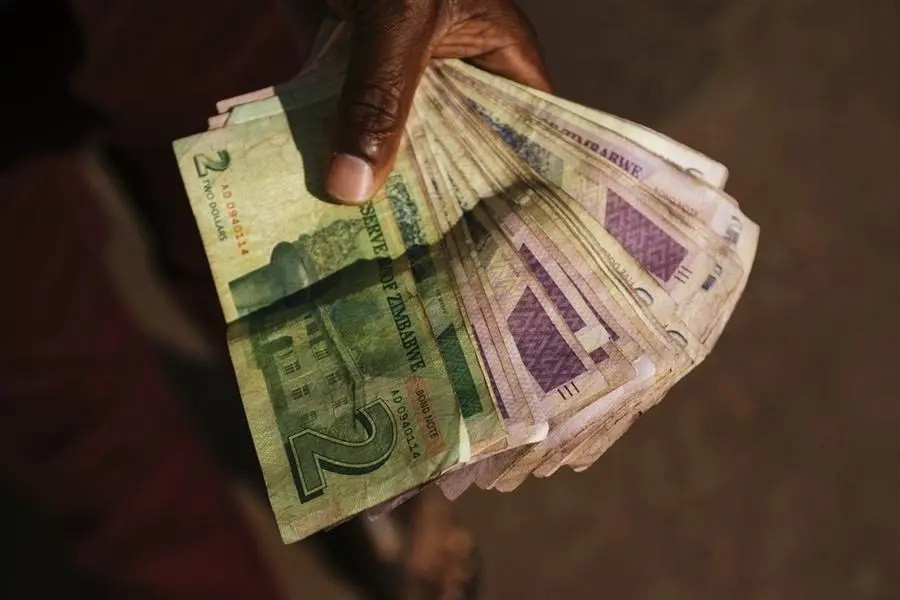PHOTO
“We will be looking for lots of haircuts, the removal of penalties,” Ncube said at the African Development Bank (AfDB) Annual Meetings in Nairobi. He did not specify the extent of the reductions Zimbabwe is requesting. However, he mentioned that heavy debt hampers the country’s development needs due to limited access to international resources for Zimbabwe’s economic recovery.
Zimbabwe has faced a severe economic crisis since the early 2000s, following land reform policies under former President Robert Mugabe. These policies deteriorated a crucial economic sector and led to a halt in debt repayments to international lenders.
Currently, Zimbabwe owes $13 billion to external creditors and $6.2 billion to local investors, according to data presented by Ncube on May 29 during a debt arrears clearance meeting. The country’s external creditors include Paris Club member countries, the World Bank, the European Investment Bank (EIB), and the AfDB. The five largest creditors within the Paris Club are Germany, France, the United Kingdom, Japan, and the United States.
Without international donor support, Zimbabwe has struggled to secure credit lines and attract the foreign investments needed to revive its economy. The International Monetary Fund (IMF) has tied the resumption of its financial support to Zimbabwe to the clearance of the country’s debt arrears. Zimbabwe has begun making “symbolic” repayments to multilateral financial institutions and Paris Club member countries.
Mthuli Ncube, a former chief economist at the AfDB and a PhD in mathematical finance from the University of Cambridge, is the key figure President Emmerson Mnangagwa relies on to restore investor confidence and stabilize the country’s financial situation.
© Copyright The Zimbabwean. All rights reserved. Provided by SyndiGate Media Inc. (Syndigate.info).





















